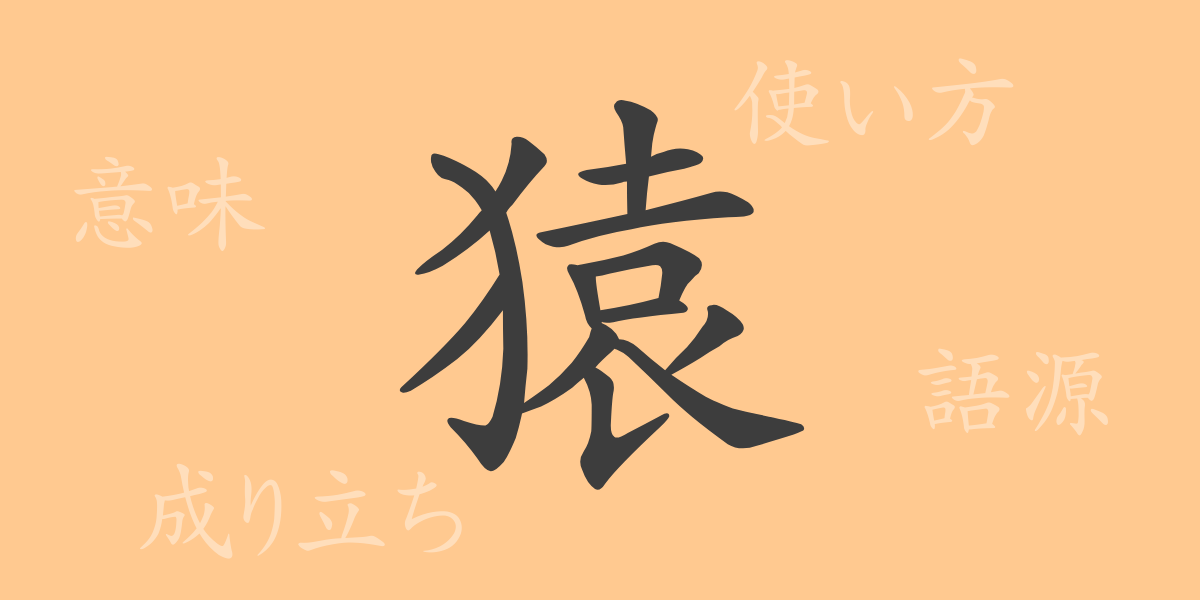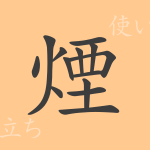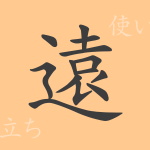“
Kanji characters, deeply rooted in Japanese culture and language, each have their own unique history and meaning. In this article, we will focus on the kanji “”猿”” (Saru), delving into its origin, meaning, usage, and even the words that use 猿 (Saru). Monkeys have appeared in many stories and proverbs since ancient times, but what kind of history lies behind them? And how is 猿 (Saru) used in our daily lives? Through this article, we will explore the charm of the kanji “”猿”” (Saru).
The Origin (Etymology) of 猿 (Saru)
To explore the origin of the kanji “”猿”” (Saru), we need to go back to ancient China. According to one theory about its etymology, “”猿”” (Saru) originated from the ancient oracle bone script, depicting an animal climbing a tree. Furthermore, since monkeys have been observed to perform actions similar to humans, they have been regarded as an intermediary existence between humans and animals and have appeared in many legends and myths.
The Meaning and Usage of 猿 (Saru)
In Japan, the kanji “”猿”” (Saru) is primarily used to refer to animals of the monkey family. However, in a broader sense, it can also refer to animals with human-like characteristics, and metaphorically, it can be used to describe imitation or foolish people. For example, “”猿真似”” (Sarumane) means to imitate others, and “”猿も木から落ちる”” (Saru- mo- ki- kara o-chiru) is a proverb meaning that even experts can make mistakes.
Reading, Stroke Count, and Radical of 猿 (Saru)
The kanji “”猿”” (Saru) is a familiar character in Japanese common usage.
- Reading: The on’yomi is “”en,”” and the kun’yomi is “”saru.””
- Stroke Count: 13 strokes
- Radical: 犭 (Kemonohen)
Idioms, Phrases, and Proverbs Using 猿 (Saru) and Their Meanings
Words using 猿 (Saru) strongly reflect the culture and customs of Japan. Idioms include “”猿知恵”” (Sarujie, cunning and shallow wisdom) and “”猿轡”” (Sarugutsuwa, a tool to gag the mouth). Phrases include “”猿も木から落ちる”” (Saru- mo- ki- kara- o-chiru, even experts can fail) and “”猿真似”” (Sarumane, imitating others). Proverbs include “”猿の腕も借りたい”” (Saru- no -ude- mo- ka-ritai, meaning one would even borrow a monkey’s arm when extremely busy).
Summary of 猿 (Saru)
The meaning contained in a single kanji character tells the depth of its culture and history. “”猿”” (Saru) is not merely a character referring to an animal but also a mirror-like existence reflecting various aspects of human society. Through the idioms, phrases, and proverbs introduced in this article, we can catch a glimpse of the role the character 猿 (saru) plays in the lives and language of Japanese people. The relationship between monkeys and humans has continued since ancient times and will continue to live on in our language.
“

























